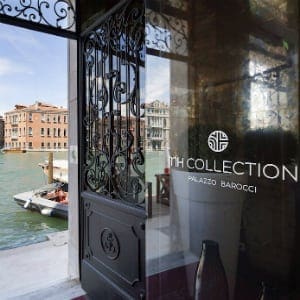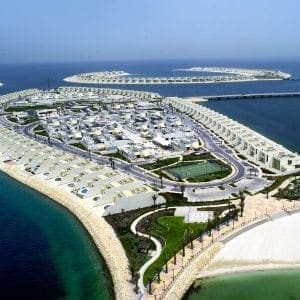
Research by Christie & Co indicates that China and its Southeast Asian neighbours invested less than half a billion euros in 2011, however, by 2016 this figure had increased to over €6 billion.
In terms of the Chinese investment (we shall address the other countries later), which accounts for over 80 per cent of that total, a number of factors have driven this:
- Prior to 2014, a Chinese government restriction meant that companies could not invest over US$100 million overseas in a single transaction. The lifting of this regulation opened the door to the big deals;
- Hong Kong – the cultural affinity and financial links that the former UK colony enjoyed with Europe have helped identify opportunities and opened doors;
- Vertical integration – large Chinese tour operators, already benefiting from the surge in the volume of outbound tourists, saw the opportunity to acquire hotel inventory in key destinations and ‘cut out the middleman’.
Such was the quantum of these transactions that, by the end of 2016, the Chinese government became concerned about the outflow of foreign currency reserves and restrictions which were put in place. Clarification as to the nature of deals likely to meet approval was given during 2017 and it is thought likely investor confidence is now restored.
Meanwhile, both Malaysia and Singapore have long been significant players in the European sector through the ultimate ownership of portfolios, such as Millennium & Copthorne Hotels, Ong Beng Seng’s Hotel Properties Ltd, GLH Hotels (Thistle and Guoman branded) and the St Giles Group. There is little indication that this will change.
New investors in the European hotels’ sector have emerged, in particular from Thailand over the last couple of years. In 2015, Fico Corporation in partnership with the Singha Estate acquired the Jupiter Hotels portfolio from Patron Capital and Royal Bank of Scotland in a deal worth £155 million. Jupiter owns and manages 26 UK hotels operated under the Mercure brand. Fico followed this up with the 2016 purchase of a further three provincial UK properties for £12 million from the Dominvs Group.
In 2017, another new entrant U City, acquired Vienna House, a portfolio of 26 mid-market Eastern European hotels for US$350 million.
Both Fico/Singha and U City are long established Thai real estate companies with diverse investments within the region. For both, these acquisitions represent an exciting and bold new strategy.
Dwarfing both these deals are those made by the Bangkok listed Minor Group. At the end of 2017 Minor took a ‘significant stake’ in Corbin & King, owners of six brasseries style restaurants and the 73-bedroom Beaumont Hotel in Mayfair.
Subsequently, in mid-2018, Minor increased its stake in NH Hotel Group and will soon launch a public tender offer to acquire the balance of shares. NH has 380 hotels with over 53,000 bedrooms in 29 countries, predominantly in Europe and Latin America. As and when this deal completes, Minor will become a major player in the European hotel sector and as its Avani and Anantara brands are already so well recognised across South East Asia and the Middle East, the company may become truly global.
All of this appears to mirror a wider Thai investment strategy; JLL reported a record hotel investment transaction volume in Thailand of THB$17 billion last year. The Financial Times has also noted that Thai companies are seeking to spill out of the volatile home market to push abroad with local groups looking to diversify from the nation’s small economy and political risk.
Our hotel related examples are an example of a wider phenomenon. These deals cap a flurry of mostly under-the-radar foreign investments by Thai companies, many of which are not widely known outside their home country. According to the FT, these companies are “looking abroad to sharpen their competitiveness and diversify their portfolios.” The outward push coincides with drive-by Thai companies to improve their competitiveness in the face of a demographic challenge posed by an ageing population.
Alongside this, the current relative stability of Asian currencies and the weakness of the English Pound since the Brexit referendum and the challenges faced by the Euro suggest that this trend is set to continue.
About the author
 Nigel Teasdale is an experienced hotel asset manager having worked with owners, and as a third party appointee. Based in Bangkok, Thailand, Teasdale is the Southeast Asia partner of Arc Consulting Partners, a specialist industry advisory firm in London. Arc assists owners and investors to identify, appraise and maximise the performance of businesses and development opportunities in hotels, resorts and hospitality throughout Europe.
Nigel Teasdale is an experienced hotel asset manager having worked with owners, and as a third party appointee. Based in Bangkok, Thailand, Teasdale is the Southeast Asia partner of Arc Consulting Partners, a specialist industry advisory firm in London. Arc assists owners and investors to identify, appraise and maximise the performance of businesses and development opportunities in hotels, resorts and hospitality throughout Europe.















